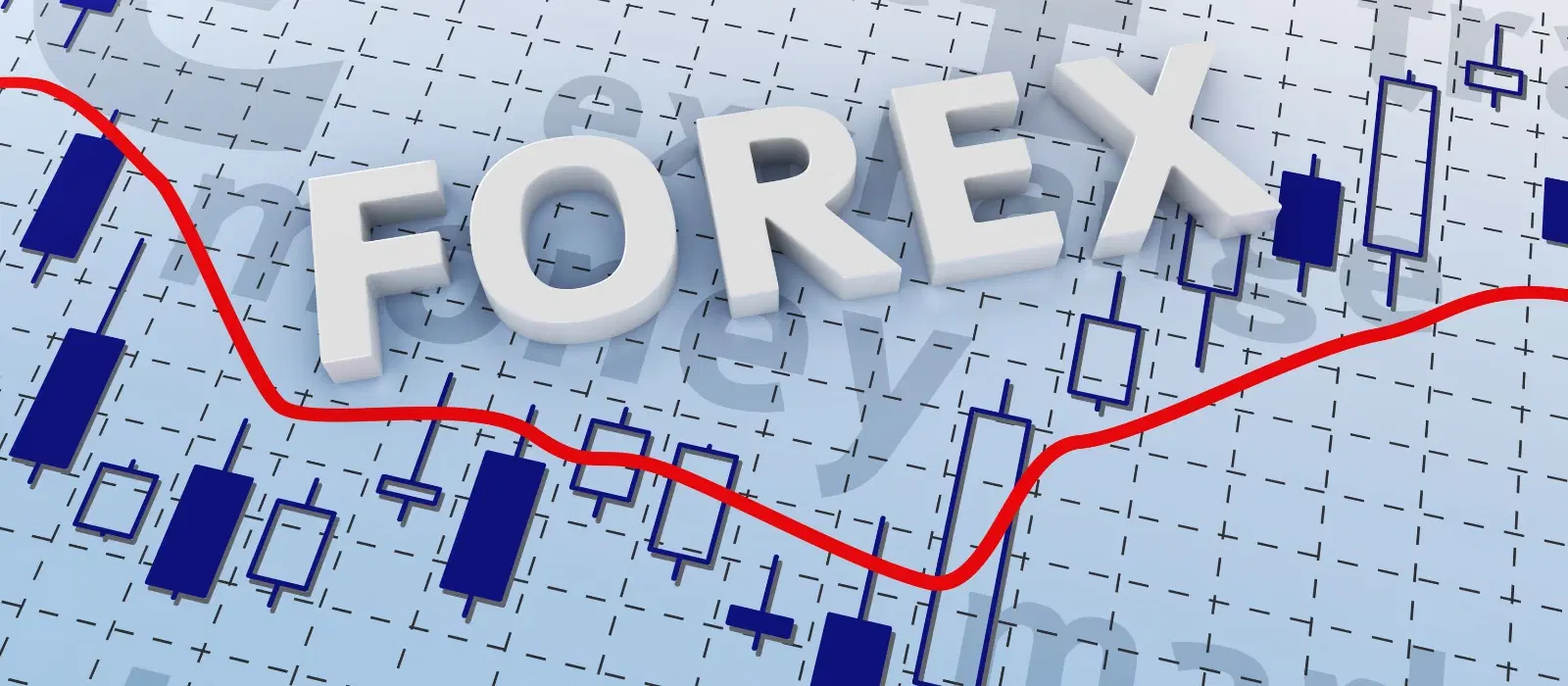
Flights
•06 min read

When it comes to forex trading, understanding the costs involved is crucial for making informed decisions. One of these costs is the forex markup, which can significantly impact your trading outcomes. At Tata Neu, we are dedicated to simplifying travel experiences, including the financial aspects like forex, to ensure you have a seamless journey. Forex trading can be complex, but with the right knowledge and tools, you can navigate it effectively and make the most of your investments.
Forex markup refers to the difference between the interbank exchange rate and the rate offered by a forex broker or financial institution. Essentially, it's the profit margin added by brokers to the currency exchange rate. This markup affects the amount you receive when exchanging currencies, influencing your overall trading costs. For instance, if the interbank rate for USD/INR is 74.50 and your broker offers you 74.70, the 0.20 difference is the markup.
Forex brokers play a pivotal role in determining the markup. They add a markup to the interbank rate to cover their services and generate profit. This means that the rate you get is slightly higher than the market rate, impacting your trading costs. Understanding how different brokers apply these markups can help you choose the most cost-effective option for your trading needs.
Spreads are the difference between the buying (bid) and selling (ask) prices of a currency pair. They are a primary source of revenue for brokers and directly impact your trading costs. Spreads can be fixed or variable. Fixed spreads remain constant regardless of market conditions, while variable spreads fluctuate based on market volatility and liquidity. For example, during high volatility periods, such as major economic announcements, variable spreads can widen significantly, increasing your trading costs.
In addition to spreads, brokers may charge various fees, including commissions, transaction fees, and account maintenance fees. These fees can vary significantly between brokers, so it's essential to compare and choose a broker with competitive rates. Some brokers may offer lower spreads but higher commissions, while others might have higher spreads but no additional fees. Evaluating the overall cost structure is crucial for minimizing your trading expenses.
Forex pricing in the foreign exchange market is influenced by several factors, including market dynamics, liquidity, and economic indicators. Understanding these factors can help you anticipate price movements and make better trading decisions. For instance, economic data releases, such as GDP growth rates or employment figures, can cause significant fluctuations in currency prices, affecting your trading outcomes.
The foreign exchange market is a global marketplace where currencies are traded. Currency exchange rates are influenced by various factors, including economic data, geopolitical events, and market sentiment. Market volatility can lead to rapid changes in exchange rates, affecting your trading costs. For example, political instability in a major economy can lead to sharp currency devaluations, impacting traders who hold positions in that currency.

Selecting a broker with competitive fees is crucial for managing trading costs. Look for brokers who offer transparency in their fee structures and provide detailed information about spreads, commissions, and other charges. Additionally, consider brokers that offer robust trading platforms with advanced tools and resources to enhance your trading strategy.
Currency conversion is the process of exchanging one currency for another. Forex markup affects conversion rates, so it's essential to understand how these markups are applied and how they impact your overall costs. For example, if you're planning to travel abroad, knowing the forex markup can help you get better exchange rates and save money on your trip.
To reduce forex trading costs, consider the following strategies:
Choose a broker with low spreads and fees.
Stay informed about market conditions to make timely trading decisions.
Utilize trading tools and resources to enhance your trading strategy.
Consider using limit orders to control the price at which your trades are executed.
Monitor economic calendars and news sources to stay updated on events that could impact currency prices.
Forex markup is the difference between the interbank exchange rate and the rate offered by a broker. It is calculated as a percentage added to the interbank rate. For example, if the interbank rate is 1.2000 and the broker offers 1.2020, the markup is 0.0020 or 20 pips.
Forex spreads represent the difference between the bid and ask prices. Wider spreads increase trading costs, while narrower spreads reduce them. For example, a spread of 2 pips on the EUR/USD pair means you need the price to move at least 2 pips in your favor to break even.

Common fees include spreads, commissions, transaction fees, and account maintenance fees. These can vary between brokers. Some brokers may also charge inactivity fees if you don't trade for a certain period.
Minimize costs by choosing a broker with competitive fees, staying informed about market conditions, and using effective trading strategies. Additionally, consider using a demo account to practice trading without risking real money.
Consider factors such as fee transparency, spreads, commissions, customer service, and trading tools offered by the broker. Also, look for brokers with a good reputation and regulatory compliance.
Market volatility can lead to wider spreads and slippage, increasing your trading costs. During high volatility periods, it's essential to be cautious and use risk management strategies to protect your investments.
Some brokers may offer lower fees for high-volume traders or VIP clients. It's worth discussing your trading volume and needs with your broker to see if you can negotiate better terms.
Understanding forex markup and trading costs is essential for successful forex trading. By choosing the right broker, staying informed about market conditions, and employing effective strategies, you can manage and minimize your trading costs. At Tata Neu, we are committed to providing seamless and affordable travel experiences. Explore our flight booking options with Air India and Air India Express for reliable and affordable travel. Additionally, take advantage of our integrated loyalty program with NeuCoins for added rewards and exclusive member deals.